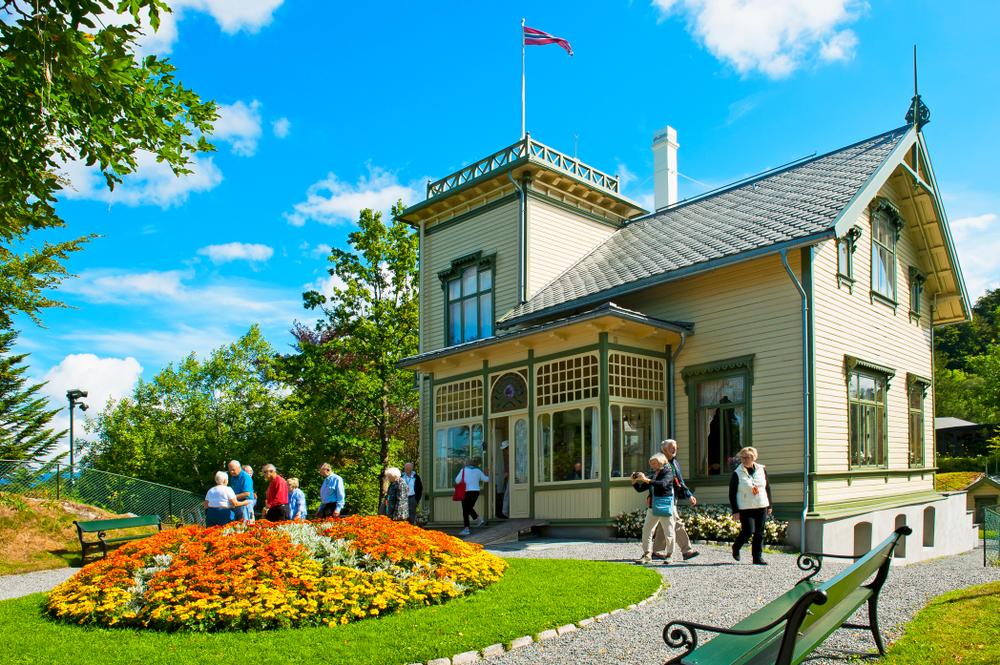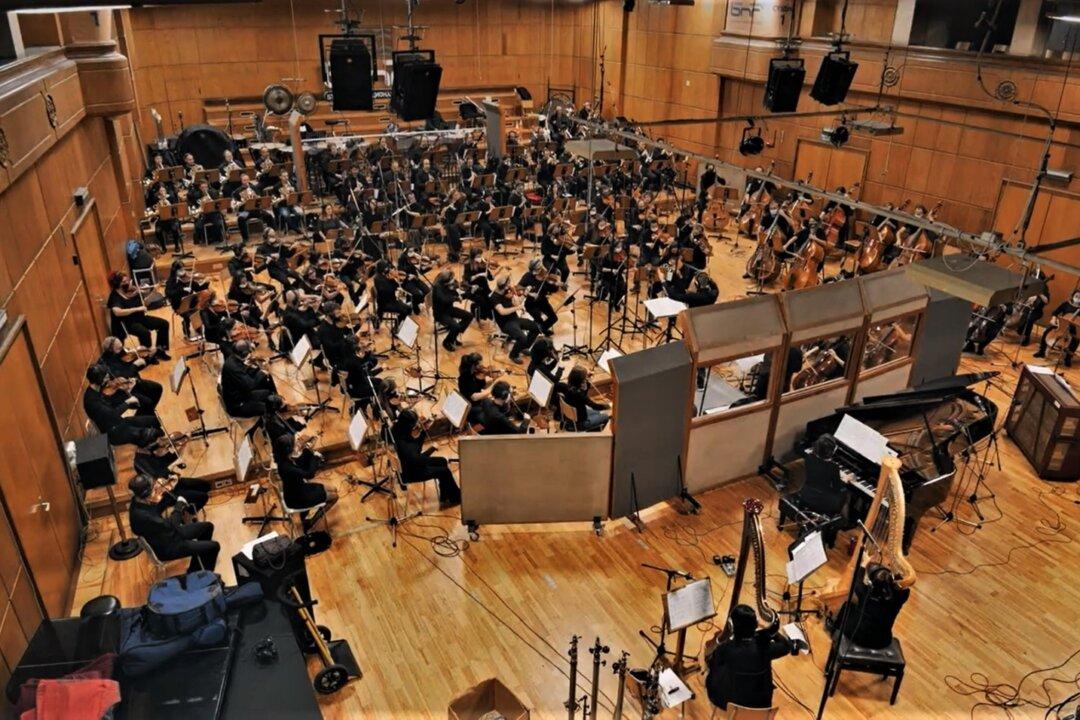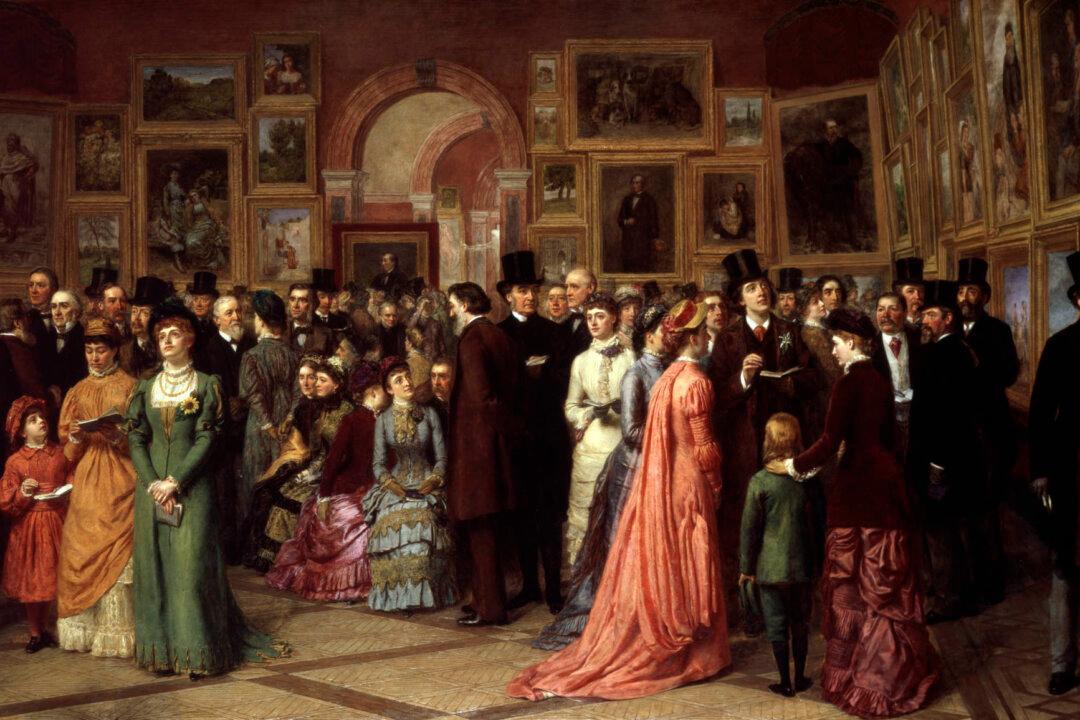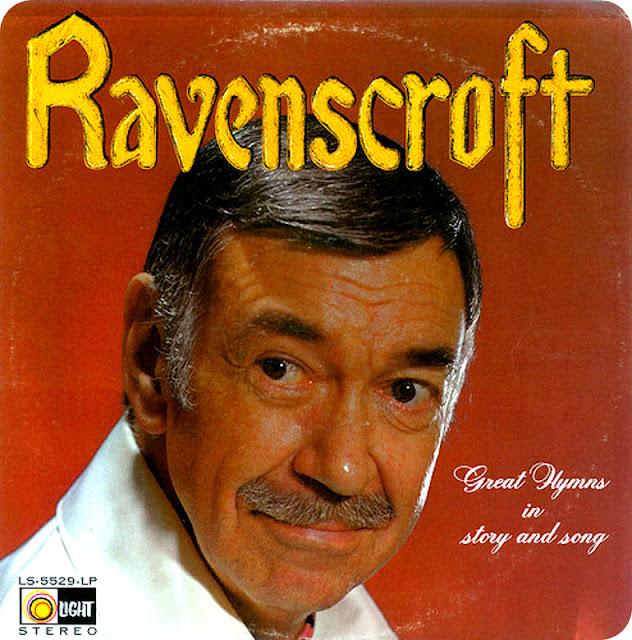There are certain classical composers so closely identified with their country that it feels impossible not to talk about the two in the same breath. It might not matter so much with other composers. Frédéric Chopin was born and raised in Poland but worked as a composer in France. Handel was German but wrote some of his masterworks in England. However, Aaron Copland is strongly associated with the United States, especially in works like “Appalachian Spring” and “Rodeo.” His “American sound” became definitive for composers like Leonard Bernstein and film composers like John Williams (for example, in his score for “Saving Private Ryan”).
Composer Edvard Grieg (1843–1907) was distinctly Norwegian and even helped define and promote a Norwegian identity, both for Norwegians and in the eyes of the rest of the world. In orchestral works like his “Four Norwegian Dances” and “Peer Gynt,” he used actual Norwegian folksong melodies and also original melodies written in Norwegian folk style, baptizing them with classical music status worldwide. This made him a kind of favorite son and a point of great pride for that nation, with a population about the same as Colorado’s and a geographic size about that of New Mexico. You might say that, at least musically, Grieg helped put Norway on the map, and his countrymen honor him for it to this day.






